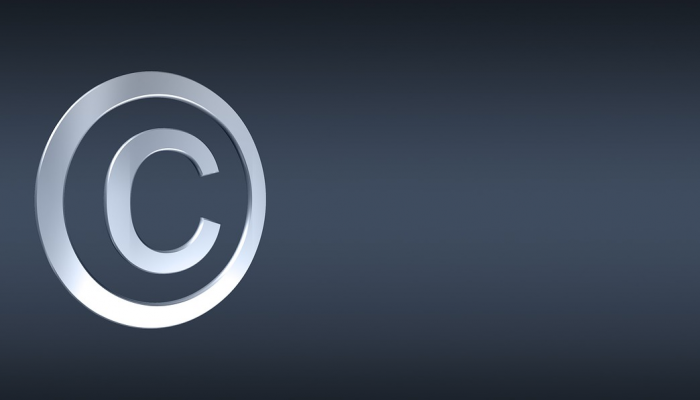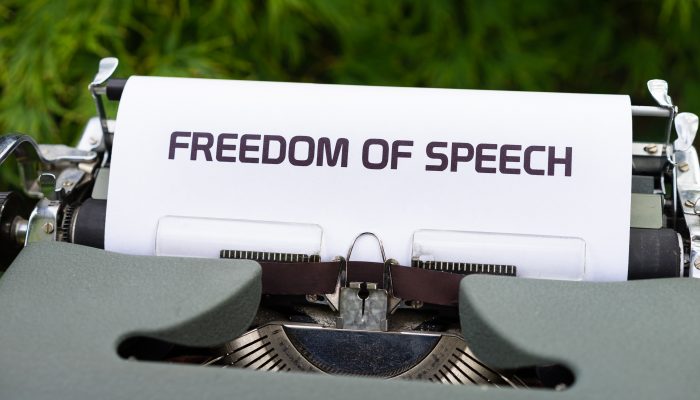Who is a Performer?
A “Performer” under the Copyright Act (Act) includes an actor, singer, musician, dancer, acrobat, juggler, conjurer, snake charmer, a person delivering a lecture or any other person who makes a performance. While inherently, the law provides for ownership of all copyright to vest in the author of the work, the title is also transferrable under the law.
Transferability of Copyright
The Act lays down a mode and method of transferring copyright by way of assignment or license. Section 18 of the Act provides for the right to transfer of title of the copyright and mandates that the Assignee be treated as the owner of the same. Section 19 lays out guidelines for modes of assignment and the requirements for a valid assignment. It also provides for interpretation of period of assignment and territorial extent of assignment in case an assignment does not explicitly lay it down. Section 30A extends the applicability of these provisions to licenses as well. Section 38 of the Act provides an exclusive right to Performers for their performance and Section 38A lays down all the ways in which a Performer can utilise their act of performance. The proviso to section 38A provides for the Performer’s right to royalty in case of commercial use of the same.
Section 18 – Introduction of new provisos via the Copyright Act of 2012
Before the introduction of the Amendment Act of 2012, there was only one proviso to section 18 which laid down a limitation/qualification to the assignment title being effective only after the realisation of a future work. After the amendment act of 2012, three additional provisos have been inserted.
Exploitation only in the mode and media assigned: The first restricts assignment only to the extent of exploitation via media or modes that exist or are in commercial use at the time of assignment, unless the assignment specifically provides for a source other than those. Assignment does not automatically extend to future modes and media or a medium or mode of dissemination made commercial after the assignment.
No Assignment or Waiver of Royalties: The second and third prohibit an author of a literary or musical work from assigning or waiving the right to receive royalties on an equal basis with the assignee whether included in a cinematograph film or not.
The Playing Field of Royalty and Waiver
Royalty waiver capped at 50%
The amendments use the words “right to receive royalties to be shared on an equal basis with the assignee”. This means two things:
- Every author has the right to royalty which CANNOT be waived.
- In case of assignment, these rights are to be shared on an EQUAL basis with the assignee.
The act provides for a waiver. But the maximum waiver permissible is 50%. Any agreement entered into to the contrary will be void.
To illustrate, let’s say an owner of a musical work enters into an agreement with a broadcasting agency with a royalty assignment in a ratio 30:70 in favour of the broadcasting agency. Such agreement would be rendered void. If the royalty assignment was made inversely, it would be permissible under the Act.
Exceptions
There are three exceptions which allow for assignment of royalties of more than 50%, even entirely. This can happen in the following cases:
- assignment of the right to communicate the literary/musical works to the public, along with the cinematograph film in a cinema hall;
- assignment made to a legal heir of the author; or
- assignment made to a copyright society for collection and distribution of royalties.
Introduction of sub-sections (8), (9), (10) to section 19
Section 19 provides for mode of assignment. Here’s a round-up of the major changes:
- Assignment of copyright to a third party contrary to the terms and conditions of the rights assigned to a copyright society which the author is a member of shall be void. [Section 19(8)]
This insertion has been made to protect Copyright Societies and to streamline royalties by establishing these as a distinct channel for royalty distribution. By virtue of the amendment, the title transfers from an author to the copyright society of which (s)he is a member. Consequently, if an author wants to grant a third person an assignment or a license, (s)he will have to renounce membership from the copyright society before doing so.
- When an author assigns or licenses copyright in in his/her work, including sound recordings for a cinematograph film, his/her right to claim equal share in royalties remains unaffected. An exception is made for “communication to the public of the work, along with the cinematograph film in a cinema hall”. [Section 19(9) and Section 19(10)]
Application of amendments – Prospective, Retrospective or Retroactive?
The Act does not throw light on the applicability of these amendments. So, we’re applying the golden rule to reading the provisions.
First, Section 18 – “shall not assign or waive”
From a plain reading, it indicates a prospective application. The usage of “shall” indicates that it is a mandate on the author that can be applicable only once the provisions come into force.
Second, the S 19(9) and 19(10) – “no assignment..shall effect the right”
The subsection merely says “no assignment”. It does not specify “no future assignment”. So, it seems the intention is to protect the right against every assignment, whether made before or after the amendment came into force. This may not necessarily imply that the subsections are applicable retrospectively, however, it makes it amply clear that no assignment, whether future or past shall take away the ability of the author to claim an equal share of royalties and considerations payable. Therefore, the sub sections could be said to operate ‘retroactively’.
It also supports a logical conclusion that past assignments, where all royalties may have been assigned, would not be rendered void, but would no longer affect the author’s claim to equal royalties.
The jurisprudence and precedents on this subject are limited, therefore the interpretation of the courts may vary. This is the personal opinion of the author : Jashandeep Kaur


